How to pick the best laptop for your needs
Ask any brand, and they’ll tell you they have the best laptop. However, how can you ensure that they’re the best for you?
You must know the specs that you need for your daily activities. For example, you likely need one with a powerful graphics card if you’re an avid gamer.
READ: The best tablet for kids
This article will discuss the specifications you should consider when purchasing a laptop. Consequently, you can get the one no matter the brand.
1. Operating system
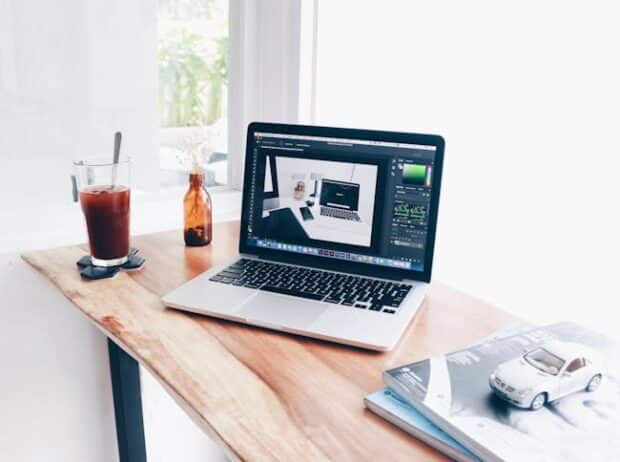
The operating system manages your computer software and hardware, so it’s one of the most important components. Here are the conventional options:
- Windows: It’s the most popular operating system worldwide and is well-known for its robust security features and professional apps. Consequently, Windows computers are the number one choice for working adults and students.
- macOS: This OS is exclusive to Mac computers, providing an elegant and easy-to-use interface. Often, Macs are more expensive than other computers with similar specs. They’re a great choice if you have several Apple products.
- Chrome OS: It’s Google’s operating system that lets you run millions of apps from the Google Play Store. Also, the company works with popular manufacturers to ensure every laptop has dependable security and updates.
2. Processor
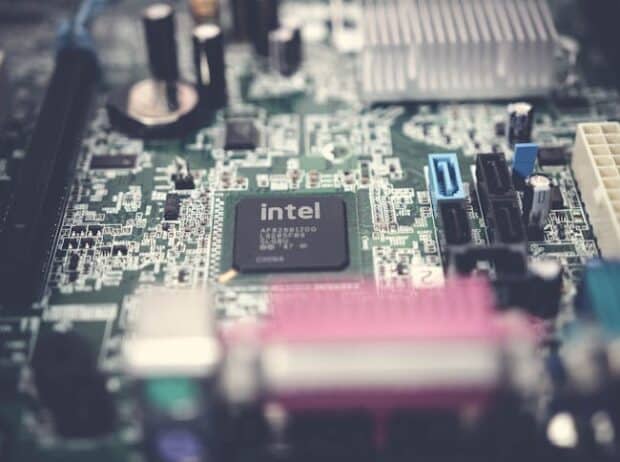
The processor or the central processing unit is your computer’s brain. You need a dependable one that can handle all your favorite apps.
However, choosing one can be challenging since they usually have strange names like “Intel Core i7-1455U.” That’s why Wired shares a guide to CPU names.
Let’s start with Intel, which has the main processors Core i3, i5, i7, and i9; the first numbers (“14”) refer to the generation.
The higher the next two numbers (“55”) are, the higher the performance. Lastly, the last letter (“U”) indicates the chip’s purpose:
- U: Power-efficient
- Y: Optimized battery life
- H: Performance
- HX: The most powerful ones, hence the term “desktop replacement class”
The next CPU brand is AMD, so let’s use the AMD Ryzen 5 8600X as an example. The number “8” indicates the processor generation, and the next (“6”) indicates performance.
The higher the number, the better. The next two numbers don’t have much bearing. On the other hand, the letter (“X”) indicates performance.
You may find other laptops with ARM and Apple processors, but the most common choices are Intel and AMD. You usually won’t notice any performance differences if you only need the best laptop for office work.
The processor becomes more important if you play high-graphic games like “Black Myth: Wukong.” Moreover, it becomes essential for other tasks that require high computing power, like video editing.
3. Screen (features, display type, resolution)
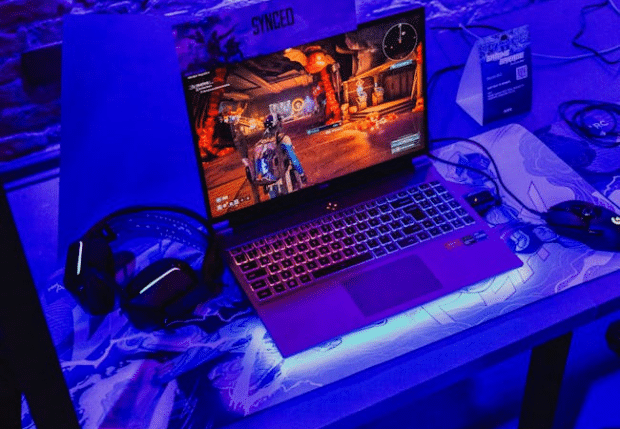
US-based electronics retailer Best Buy says you should consider the features, display type, and resolution when purchasing the best laptop.
Start by checking the screen size. Laptops usually have 11- to 17-inch screens measured diagonally. A large screen is ideal for gaming and watching online, but they’re typically heavy and energy-hungry.
Then, you should check the resolution, measured by the amount of on-screen pixels in a given area (length x width). Here are the most common options:
- 4K Ultra HD has 3840 x 2560 and 3840 x 2160 resolutions to provide rich colors and lifelike images. At the time of writing, it’s the highest-quality screen for the best laptops.
- QHD (Quad HD) and QHD+ has 2560 x 1440 and 3200 x 1800 resolutions, respectively. These are great for professional media editing and high-definition video games.
- Retina display covers 2560 x 1600 and 3072 x 1920 resolution found in Apple 13” and 16” laptops.
- Full HD lets you watch Blu-ray movies and play games in 1920 x 1080 resolution.
- HD+ resolution is 1600 x 900, which is ideal for casual gaming and video watching.
- HD 1366 x 768 resolution is the standard for most laptops designed for basic computing tasks.
4. Memory, internal storage, and battery
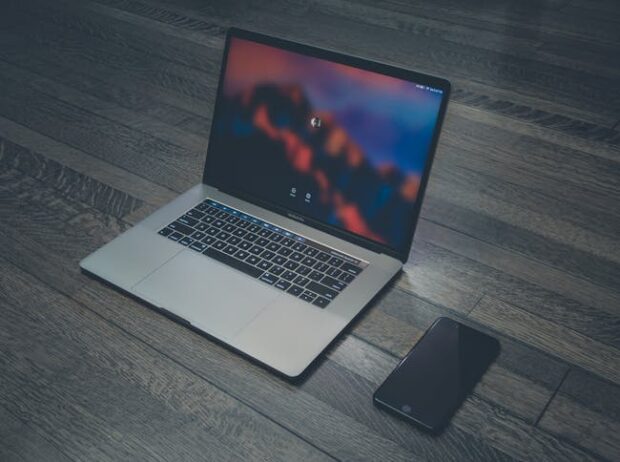
Random-access memory or RAM is important because it determines how many tasks your computer can perform simultaneously. See how much you need for the best laptop:
- 2-4 GB: This was the old standard for Windows Vista and XP computers. These are fine if you just run programs one at a time. However, you should consider an upgrade if you’re still using 2 to 4GB of RAM.
- 4-6 GB: This much RAM should be adequate for average users, especially if you only browse the internet, type documents, and send emails.
- 6-8 GB: This amount of RAM lets you play games with low graphics, such as Minecraft. Also, it’s the minimum for people who use multimedia software, and if you use Adobe Photoshop often, the bare minimum is 8 gigabytes.
- 8 GB or more: You’ll need this to operate video editing software smoothly. For example, you need 16GB of RAM for Adobe After Effects. You will also need more than 8 gigabytes if you play games with 4K graphics.
The best laptop also has enough storage space for your favorite apps and important games. Some sites will recommend 512GB, but the most optimal is 1TB or above.
The latter ensures your computer won’t slow down due to too many files and programs. More importantly, pick laptops with solid-state drives (SSD), not hard disk drives (HDD).
READ: How much RAM do you need?
The latter runs faster, weighs less, and mitigates heat more effectively. Lastly, you should get a laptop with a battery that can run for 12 hours or more.
Note that the duration may differ depending on your tasks. Also, the previous components like CPU and internal storage affect how fast your computer drains energy.
Learn how to maintain your laptop battery here.
5. Connectivity and security
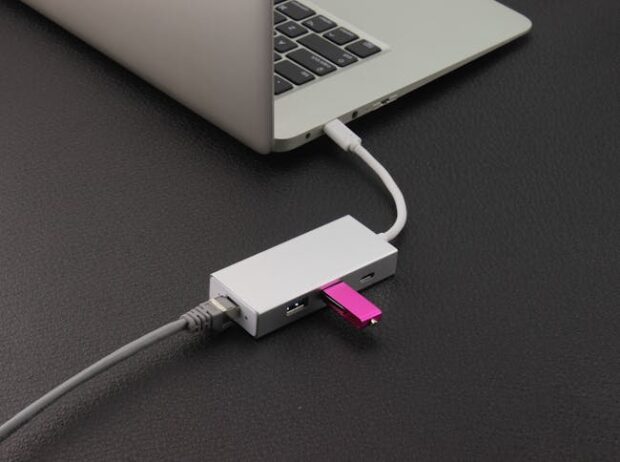
The best laptop can link to the Internet and your other devices. Ensure yours provides the latest Wi-Fi 6 wireless networking standards and Bluetooth capabilities.
You could also pick one with a voice assistant so that you can integrate your laptop with your smart home devices. More importantly, ensure it has the following ports:
READ: Lenovo creates consumer devices for living a hybrid life
- USB Type-A lets you connect various accessories like mice, controllers, keyboards, and other accessories.
- USB Type-C transfers data faster than Type-A and has a blue insert. More importantly, they allow USB devices to plug in right-side-up or upside-down.
- HDMI or mini HDMI lets you connect an HD media display or projector.
- Media card slots include SD cards and other memory cards common in digital cameras.
- Thunderbolt lets you connect your laptop with Thunderbolt or MiniDisplayPort devices.
6. Laptop accessories
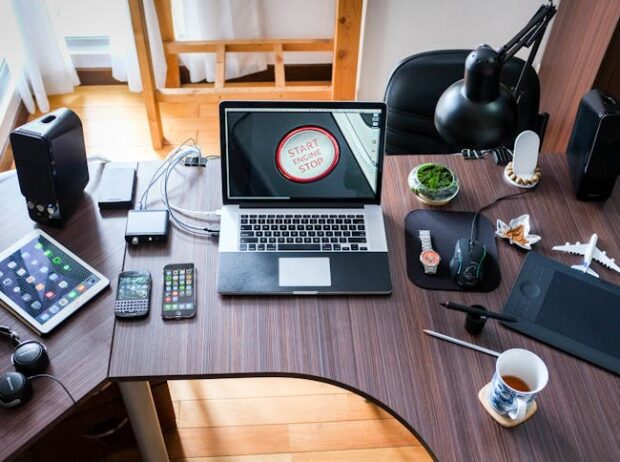
You can use your new laptop by itself, but most use theirs with accessories. For example, you likely need a mouse to easily navigate programs.
Some brands bundle their laptops with free accessories. Know the essentials to see which ones you still need to buy:
- Mouse
- Printer
- Sleeves and bags
- Storage devices like USB drives or external storage devices
The best laptops come with essential software like Microsoft 365 and Office. However, you may need to pay extra to install them on your new laptop.
Hopefully, this guide helps you find the best laptop for your needs. Check out recommendations from the top brands on Inquirer Tech.